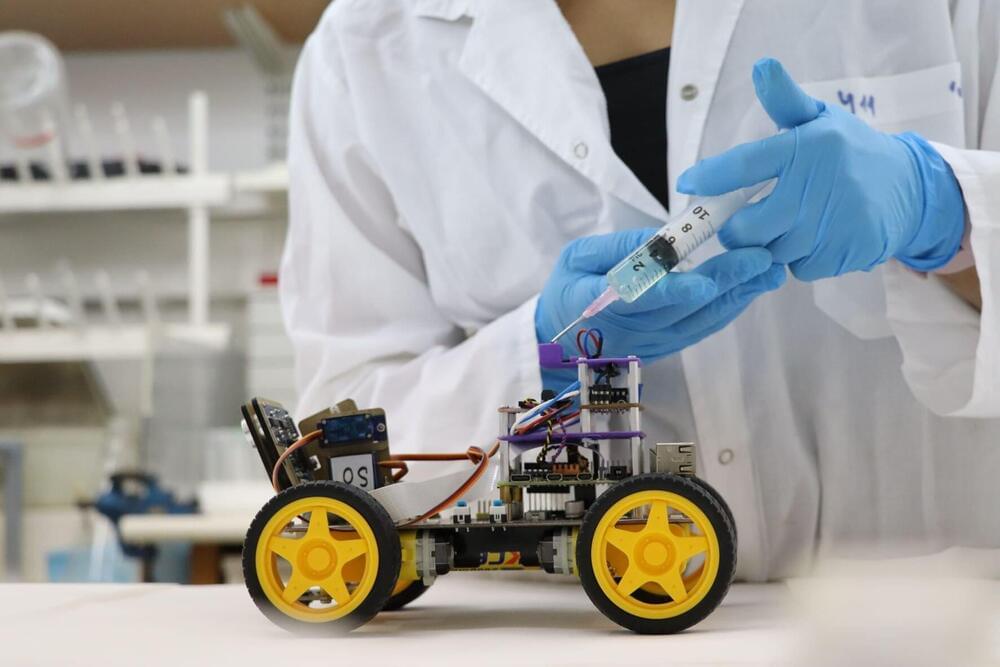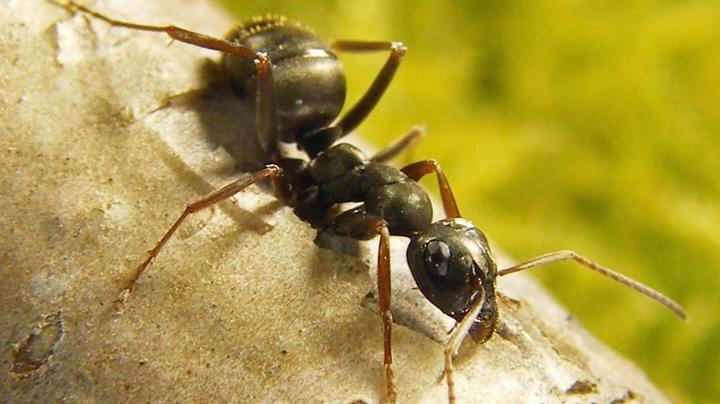Jan 25, 2023
The Death of Death during the coming #DLD Tel Aviv Innovation Festival in Israel. Top news at #i24
Posted by Shubham Ghosh Roy in categories: biotech/medical, economics, engineering, singularity, space travel, transhumanism
José Cordeiro, PhD, talking about his international bestseller “The Death of Death” during the coming DLD Tel Aviv Innovation Festival in Israel. Top news at i24 news discussing about aging as the “mother” of all chronic diseases!
José Cordeiro is an international fellow of the World Academy of Art and Science, vicechair of HumanityPlus, director of The Millennium Project, founding faculty at Singularity University in NASA Research Park, Silicon Valley, and former director of the Club of Rome (Venezuela Chapter), the World Transhumanist Association and the Extropy Institute.


















